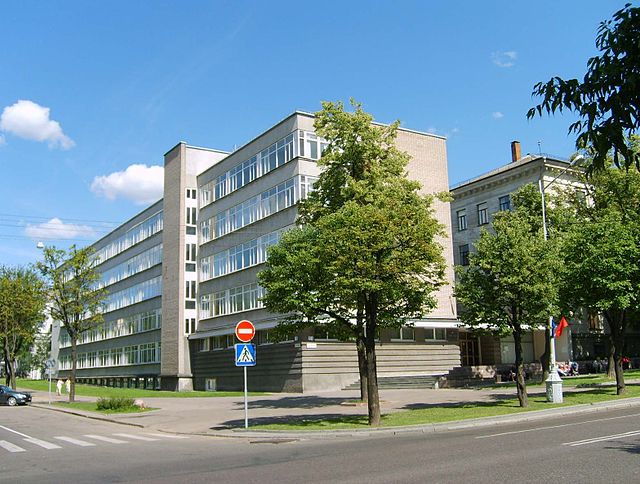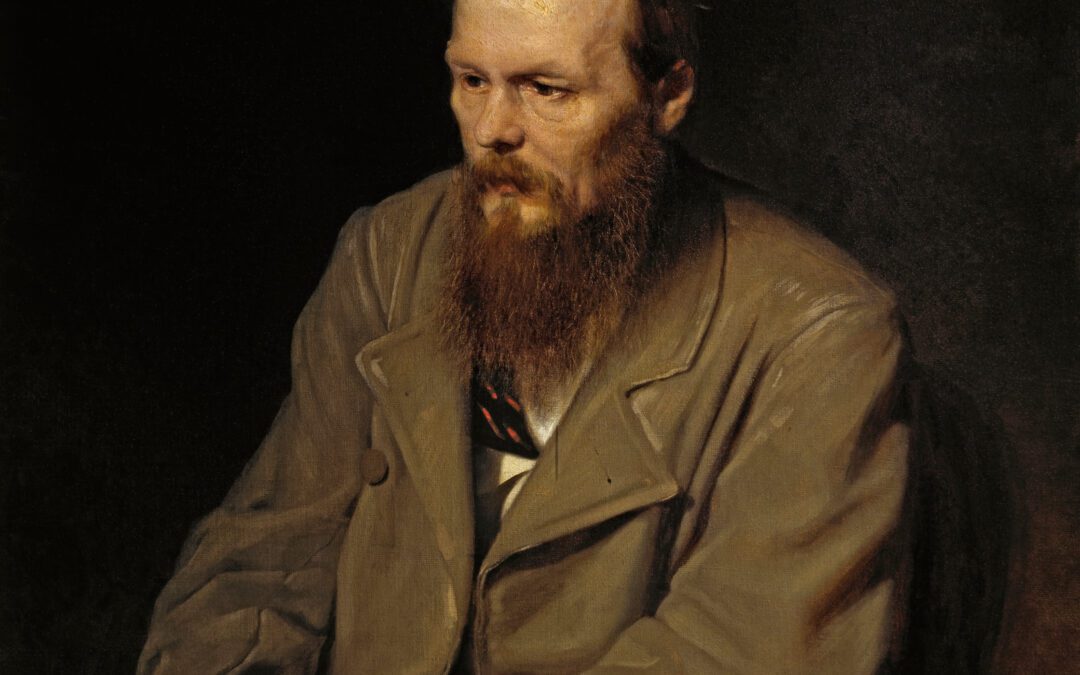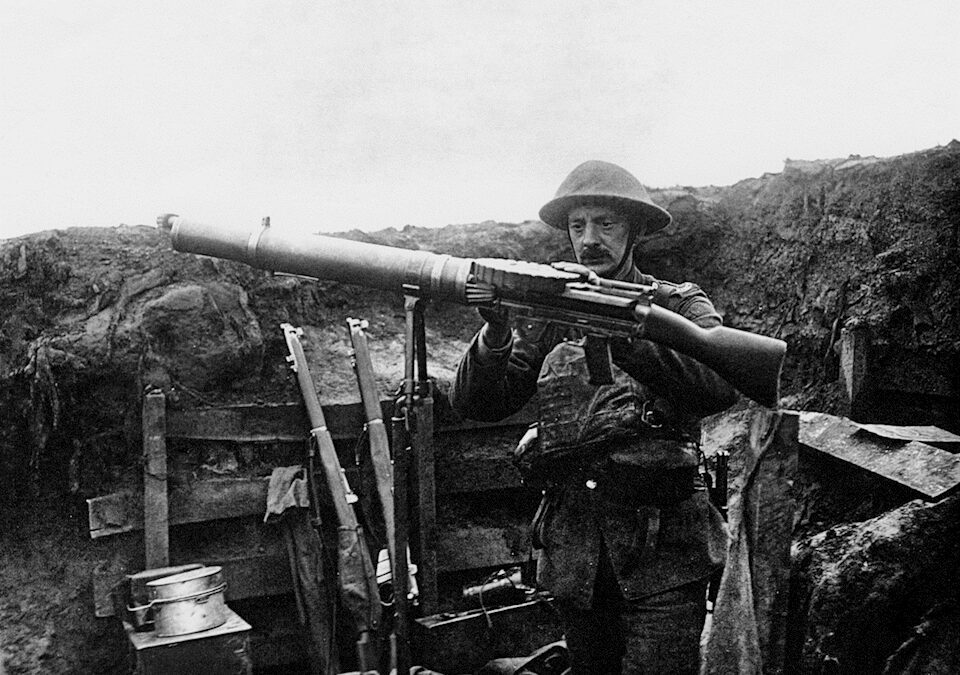On 13.2.2018 a number of New College of the Humanities academics participated in a conference on the Evolution of Education at the University Center Shrewsbury, as part of the inaugural Darwin Shrewsbury Festival. Professor Anthony Grayling gave a keynote address, and there were sessions on: education as a transformative experience (with colleagues Dr. Brian Ball, Dr. Naomi Goulder and myself); education and place (with myself), and the nature of knowledge and learning (with colleagues Dr. Brian Ball and Dr. Marianna Koli).
‘HOW IS STUDYING ENGLISH TRANSFORMATIONAL?’
PART I: BEAUTY EVERYWHERE
What is ‘transformational’ about studying, specifically, English literature? English by its nature concerns itself with as much as literature itself does, and there are therefore overlaps at the level of subject matter between literature and all of the humanities subjects. Literary critics borrow from/practice amateur versions of many of them. They benefit from knowing something of the matter and methods of historiography, philosophy, linguistics, psychology, art, music, and so on, and the transformational benefits of these subjects are to some degree to be had from the study of English. For example from studying literature you gain a sense of historical alterity, the sense of the past as another country, where they do things differently. By the same token, historians themselves use the literature of the past in order to access history in a different way to that permitted by other sources.
But these semi-incidental benefits of studying literature are not as great, I would argue, as are those that are obtained from the core disciplines of literary criticism, which are themselves determined by their subject matter: literature. This is where critics stand on their home ground rather than visiting neighbouring disciplines’ home ground – the ability to describe literary uses of language.
Literature is verbal art, and art has the capacity to hold issues, ideas, and affects, as it were, in suspension. Art can contradict itself, be undecided, have divided sympathies, and succeed at some things that it sets itself up to do whilst failing at others.
It is also verbalart, so its medium is language, and one of the ways in which I would argue that those who study it are permanently transformed is in their heightened sensitivity to uses of language that they come across anywhere.
Strikingly, this is not generally perceived. Whereas it is a cliché of socialising that if one is introduced to a psychologist at a cocktail party, one immediately becomes self-conscious about whatever that person might be perceiving about one’s psyche, nobody, when introduced to a literary critic, thinks to become self-conscious about their accent, variant of English, diction, syntax, idiom, rhetoric, and verbal felicities, infelicities and tics (for example the fact that they say ‘incredible’ an incredible amount, often adverbially; such usage has, in fact, declined since David Cameron, its prime exponent, left office). But people should be self-conscious, in this way.
Admittedly, literary critics are not linguists; we are not Professor Higgins in Bernard Shaw’s Pygmalion; we cannot place you within a few streets of Lisson Grove by the length of your Cockney vowels – but we do notice oddities, beauties, and uglinesses in your choices of words and manner of delivery of them. And once we become sensitive in these ways, through being educated in literature, the world becomes considerably more interesting. Language that had before been inert comes to life. And there is beauty everywhere.
Once in London’s Senate House Library a little while ago I saw a poster from some distance, and could read just this slogan: ‘WORDS THAT BURN’. I thought about this. The ‘burn’ could be transitive. The slogan could denote words that destroy or wound. The poster might be advertising a lecture about hate speech. Or it could denote words that are burned – as copies of DH Lawrence’s The Rainbow were burned by the UK public hangman after it was condemned in 1915, as works of numerous authors were burned at the behest of the Nazi state from 1933 onwards, as Bulgakov burned an early draft of The Master and Margerita, and as his character the Master burned his own novel about Christ and Pontius Pilate only to have the manuscript returned to him by Satan with the words ‘рукописи не горят’ – ‘manuscripts don’t burn’. So perhaps the poster was advertising a conference about book- and manuscript-burning in the age that preceded word processing and e-books. Or perhaps it was advertising a poetry festival which celebrated words that burn in the sense of giving warmth and heat, durably, and without themselves being consumed; words that burn in the mind by virtue of their powerful or ambiguous contents or aural felicities such as rhyme; words such as ‘WORDS THAT BURN’. Thus a chance glance at a poster was transformed by the skills that are developed by the study of literature.
The flipside of such a heightened sensitivity to advertently or inadvertently beautiful, playful, intricate or ambiguous uses of language is a lowered toleration for uses that lack these qualities, especially when found in places where what Roman Jacobson called the ‘poetic function’ can be assumed to be dominant – that is, works that we place in the genre of literature rather than non-fiction. Literary critics become unfitted to read pulp fiction, just as gourmets are unfitted to eat food from fast food outlets; it turns the stomach. But this does not only apply to what presents itself as literature.It applies to jargonistic, loose, leaden or mendaciously manipulative uses of language wherever they may be found.
It is with reference to the last that I believe that literary courses should involve the study of rhetoric – one of the Medieval seven liberal arts, the study of which has unfortunately been dropped from most literary courses of which I am aware, but which forms part of the English BA at New College of the Humanities. What the study of rhetoric should do is teach you to recognise (and along the way to name) persuasive, emotive, and manipulative uses of languages wherever they occur – in Henry V, a Guardian article, or a speech by Donald Trump or by Bernie Sanders. Students of rhetoric will learn tips for deploying it, but will also become cannier in their response to it when it is directed at them. They become more street-wise, and more responsible as well as more persuasive citizens.
More generally, people who pay precise attention to every word, as the study of poetry in particular encourages them to do, are less likely to be caught out by the wording of a contract, or by creating unfavourable publicity for their cause. Language is the medium of all disciples and lines of work, and it is as well to be proficient in it.
‘HOW IS STUDYING ENGLISH AS TRANSFORMATIONAL?’
PART II: HOW TO LIVE
So much for canniness. But then there is fulness and wisdom of living – what my philosopher colleagues would call eudaimonia. I would say that the reading and study of literature promotes this in a number of ways. Literature is at many levels about emotion, and is emotional. You cannot engage properly with literature without having experienced it and being able to imagine it in others. But you also can’t engage with it properly without being able to describe it, and therefore gain distance from it. Being able to both feel, and understand and describe, your emotion makes for much emotionally safer, yet also bolder, living – in short, for wisdom.
So does the discipline of trying to excel at literary criticism. As one of New College of the Humanity’s Visiting Professors of English, Sir Christopher Ricks, puts it, the requirement of literary criticism is to say something that is bothnewand true. One’s writings about literature must say something new about it (they must not simply repeat the findings of earlier critics or of lecturers); but they must also say something that is true to the literature, not subjectively true to the critic.
The latter is a common mistake that young students make; they think that what is wanted is a description of their subjectivity. That isn’t the case; but what is wanted is their unique perception one that only they have made or could make in exactly that form. Rather than it being the case that (as is sometimes claimed of English) ‘there are no right answers’, it is the case that ‘there is no right answer [singular]’. And this in itself, perhaps in contrast to some other academic disciplines, provides a moral training. To allow both for the fact that there is untruth, and that truth is heterogenous and that every individual is equipped to perceive different parts of it, is an excellent basis for ethical interaction with others.
Then there is the fact that on the scale from the ideal to the real, or the abstract to the concrete, literature lies part way along. Rather than handling abstractions, one is handling something that mediates between abstraction and reality. Literature bears philosophical ideas, and can in turn be philosophically interpreted, but there is something in its nature as art which is resistant to being flattened into ideas. One must be able to respond to, and describe, that something, and handle the philosophical content whilst being mindful of it.
Again, I think that thinking in this way – the way of art – is helpful in life. We ourselves exist at the intersection of the particular and the general, the concrete and the ideal, the body and the mind. Therefore in learning to think about art, which occupies this position, we are learning to think about ourselves.
The process of living involves negotiating with realities, but also with the imagined. We cannot plan for the future if we cannot imagine it; ambition is imaginative, just as much as compassion is. We process life through narrative, which is why so many of the terms that have been found to describe art are quickly transposed to describe our own lives. On getting to know someone we gradually reveal the story of our lives. We consciously end chapters in our lives, and start new ones. We turn over new pages.
We simultaneously create our lives and narrate it to ourselves, which is precisely what narrators do, creating as they describe. We feel that our lives fluctuate between genres. We may feel that a short story of an episode in our day is in the genre of farce. If our heart is broken, our story becomes, for as long as this remains the case, tragic.
And as we create and analyse our lives we are practising that relation between criticism and creation which literary criticism is peculiarly well placed to help us to think about. We can see literature both as creative, and as critical, and analytical, of life. Some great artists are also great critics, as is the case of Virginia Woolf and T.S. Eliot. But sometimes, unlike as in these cases, there is no difference between them; the critical and the creative are one, as in D.H. Lawrence.
So peculiarly powerful a mode is literature for reflecting on, manifesting, and expanding the sense of life that it is no wonder that in the late nineteenth century it began to take on the role of a substitute religion, which was carried further by the high modernists of the early twentieth century. Literature serves many of the same roles of moral and existential guidance and expansiveness – and in many cases cooperates fully with religion itself, as in the case for example of T.S. Eliot. Literature also allows us to rehearse death, as we see the death of fictional characters, if not within the narrative, then by relinquishing them at the end of the novel. They exist, forever, in a similar way to real people, having created and lived their stories.
All these ways of thinking and feeling are permanently engendered by the intense study of literature for a period. Literary study breaks down the barrier between work and life, thought and life, in a way which enhances both durably. One is, if one is thinking about anything concerning humanity, never notthinking in a way which can enhance one’s study of literature, and when studying literature one is never not becoming able to live better.
At a more obvious level, one can read literature with greater penetration and pleasure for the rest of one’s life, having once learned and become practised at doing it well. One enters a freemasonry of knowledge of texts; one is linked, particularly in knowledge of Shakespeare, to most other English graduates, not only in the UK but all over the world.
For these reasons such as all those above, the critic F.R. Leavis, in his 1943 book Education and the University, thought that English Literature was the central subject at university level. One studies English, and then goes out into the world to become a teacher, or politician, or whatever else, permanently enhanced – transformed – by the study that one has undertaken. My claims for my subject are as big as that.




